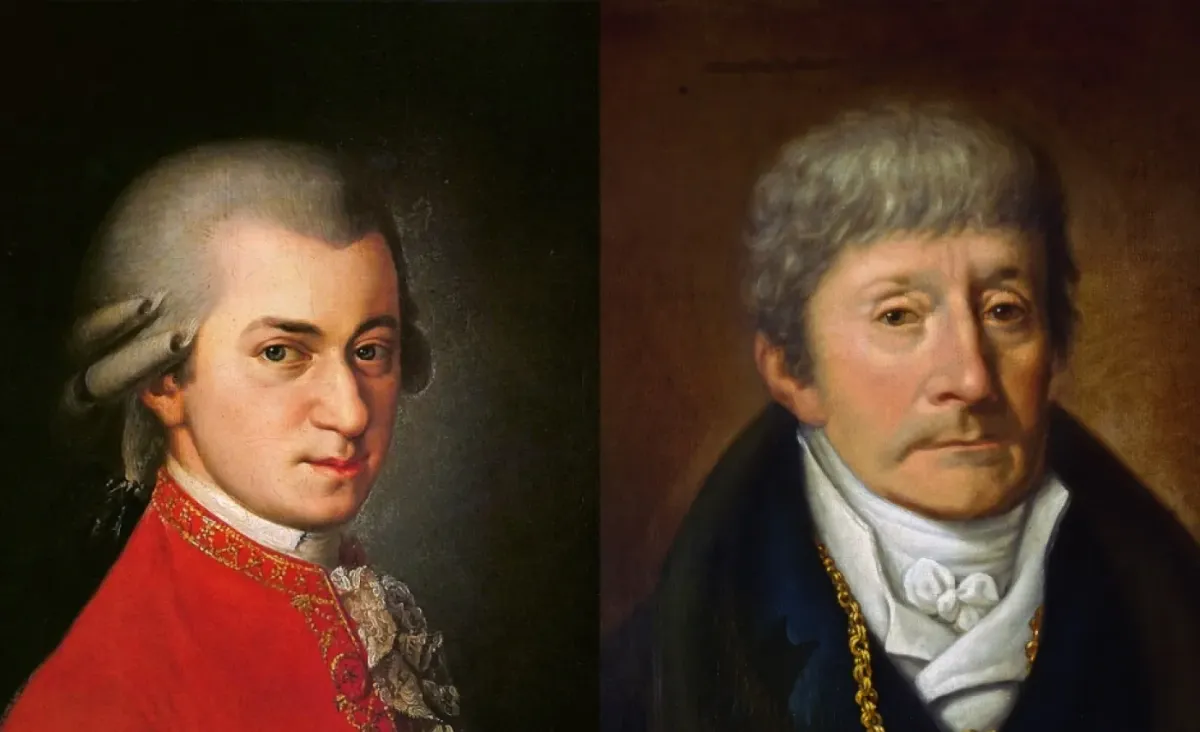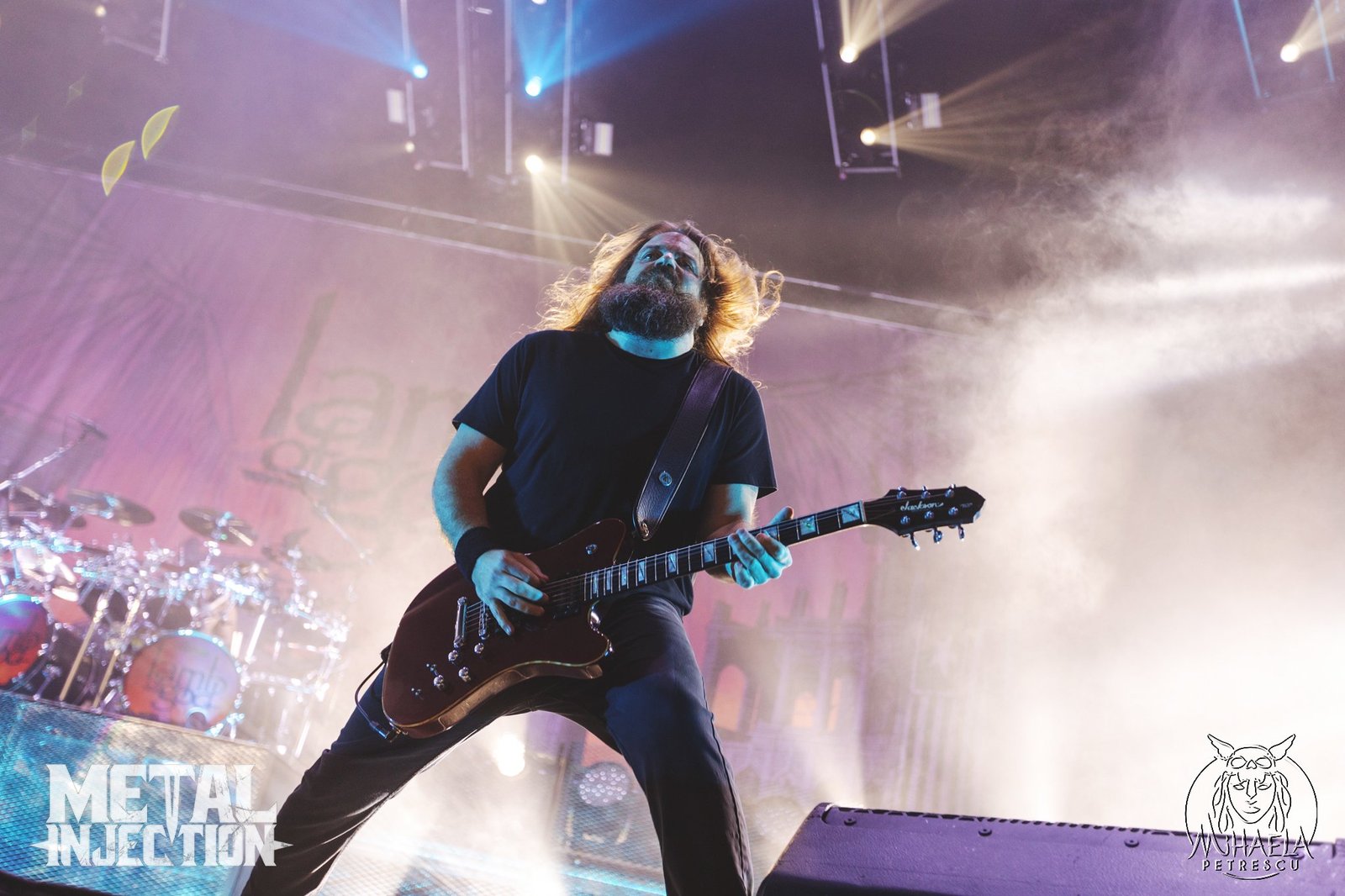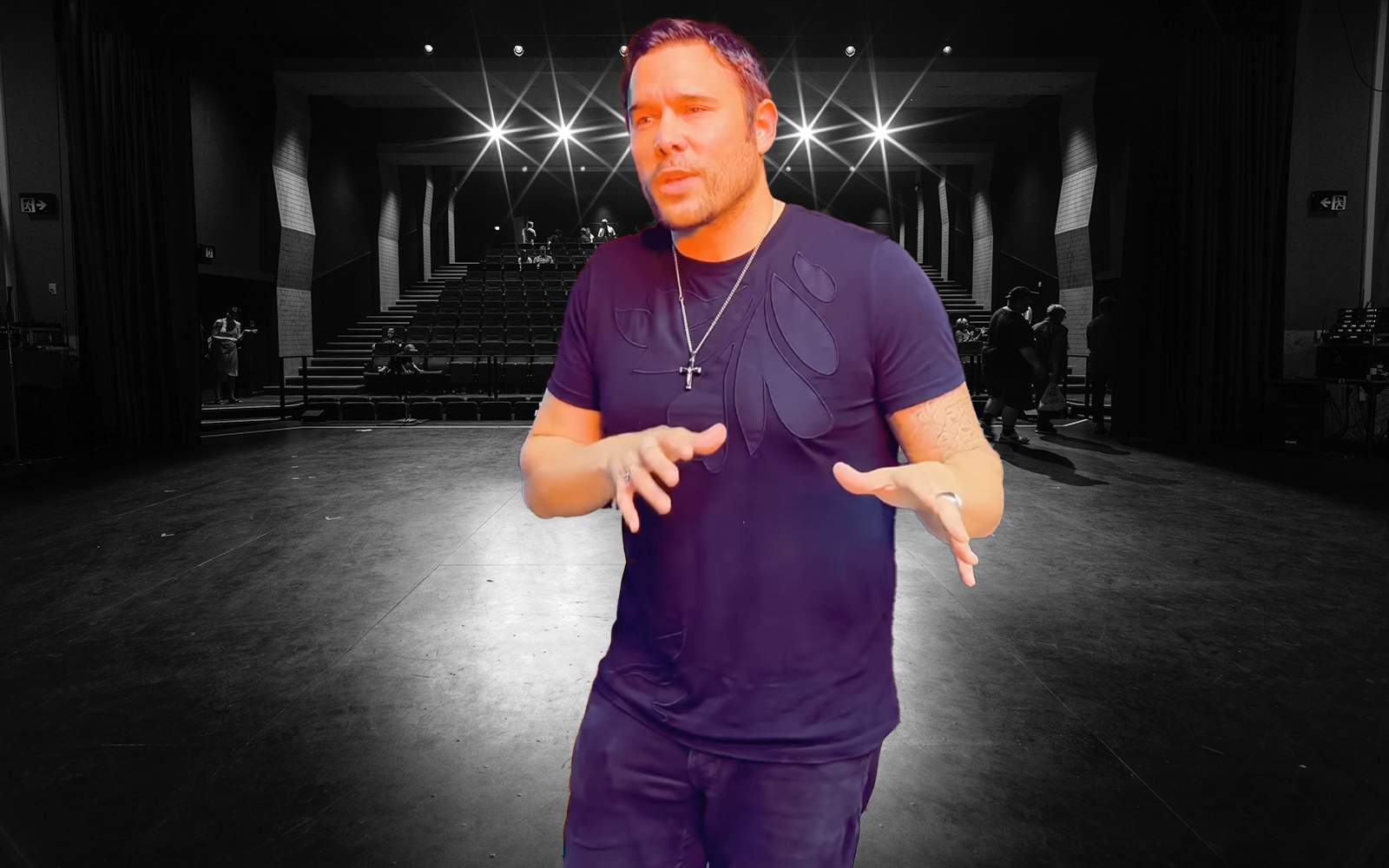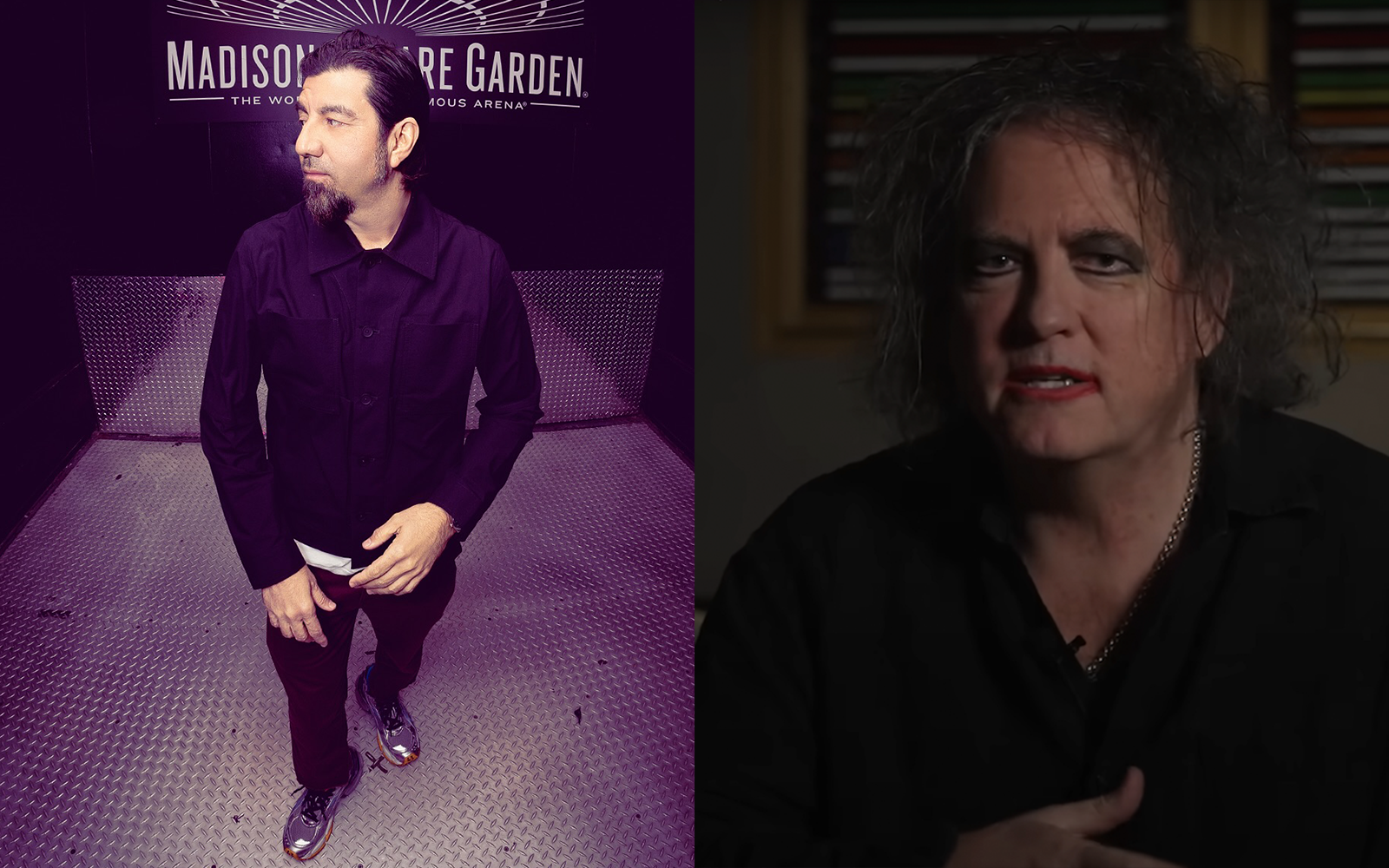Know Your Composer
Mozart’s untimely death in 1791 sparked rumors of Salieri’s deadly envy, but a review of his symptoms, contemporary reports, known medical practices, and modern research reveals no evidence of deliberate poisoning in his final illness.

The notion that Antonio Salieri, a prominent Viennese composer and teacher, poisoned his younger contemporary Wolfgang Amadeus Mozart has captured public imagination for nearly two centuries. Popularized by literary and theatrical works—most notably Aleksandr Pushkin’s 1830 short drama Mozart and Salieri, Nikolai Rimsky‑Korsakov’s 1898 opera Mozart et Salieri, and Peter Shaffer’s 1980 play and 1984 film Amadeus—the story has become embedded in cultural lore. But how much of this narrative rests on historical fact, and how much is pure fiction?
Mozart’s Final Illness and Death
Wolfgang Amadeus Mozart died on December 5, 1791, at the age of 35. The parish register in Vienna records the cause of death as “severe miliary fever,” a term referencing a rash of tiny, millet‑seed‑sized bumps on the skin but not pinpointing a specific disease. Mozart had endured multiple ailments throughout his life—smallpox, bronchitis, rheumatism, and more—but in his final weeks he suffered fever, swelling, and severe pain.
Subsequent medical examinations of a skull believed to be Mozart’s suggested possible chronic subdural hematoma from earlier falls, compounded by aggressive bloodletting on the night of December 4, 1791, which could have precipitated a lethal hemorrhage. Other scholars have posited rheumatic fever, post‑streptococcal glomerulonephritis, trichinosis, even vitamin D deficiency as contributing factors. Yet none of these hypotheses involve external poisoning; they rest instead on Mozart’s known health history and the medical practices of the late 18th century.
Origins of the Poisoning Rumor
Mozart’s Own Suspicions
According to early biographers, in his final days Mozart himself expressed fear that he was being poisoned. His wife, Constanze, later recounted that he told her, “I believe I am being poisoned”. Such statements, made by a hypochondriac composer in acute distress, provided fertile ground for speculation.
Literary and Operatic Treatments
The first enduring literary treatment of the rumor appears in Pushkin’s short drama Mozart and Salieri (1830), which portrays Salieri as envious of Mozart’s genius and plotting his death. Nikolai Rimsky‑Korsakov adapted this narrative in his one‑act opera Mozart et Salieri (1898), cementing the idea in Russian cultural memory. Over a century later, Peter Shaffer’s Amadeus—first on stage (1980) and then as Milos Forman’s Academy Award‑winning film (1984)—reintroduced the rivalry to global audiences, dramatizing Salieri’s jealousy and alleged crime.
Evaluating the Evidence
Despite its theatrical appeal, the poisoning hypothesis collapses under historical scrutiny:
- Mismatch of Symptoms
Arsenic poisoning produces distinct gastrointestinal and neurological symptoms not recorded in Mozart’s final illness. Contemporary physicians noted fever, rash, and edema—symptoms consistent with an infectious disease outbreak in Vienna at the time. - Lack of Autopsy or Forensic Proof
No autopsy was performed, and no toxicological analyses existed in 1791. The parish register’s generic “miliary fever” entry would have captured signs of poisoning had any been visible, yet it did not. - Confessions and Denials
Salieri himself, after a period of mental distress late in life, allegedly confessed to poisoning Mozart while in an asylum. However, he later recanted, insisting in “good faith that there is no truth to the absurd rumor that I poisoned Mozart,” a statement corroborated by his servants. - Contemporary Accounts
Mozart’s attending physician, Dr. Closset, and other Viennese doctors treated numerous patients during an epidemic with similar symptoms and fatal outcomes. One physician wrote, “this malady attacked at this time a great many of the inhabitants…and not for a few of them it had the same fatal conclusions and the same symptoms as in the case of Mozart”. - Modern Scholarly Consensus
The Norton/Grove Concise Encyclopedia of Music flatly states, “He [Mozart] was not poisoned,” and Otto Deutsch’s seminal Mozart: A Documentary Biography dismisses the poisoning allegation as baseless. Likewise, Britannica notes “there is also no foundation for the belief that Salieri tried to poison Mozart”.
Salieri and Mozart: A Complicated Relationship
Historical records suggest that Mozart and Salieri respected each other professionally. Salieri taught Mozart’s son Franz Xaver Wolfgang Mozart and dedicated works in Mozart’s memory. While rivalry undoubtedly existed—common among composers vying for court favor—it was not marked by outright enmity. Salieri’s later life was shadowed by the poisoning myth, which he vehemently denied and which contributed to bouts of depression and declining health.
Why the Myth Endures
- Dramatic Appeal
The trope of the envious mentor striking down the star pupil resonates powerfully in storytelling. It embodies archetypal themes of jealousy, genius, and betrayal. - Lack of Definitive Medical Record
Absence of concrete medical data invites speculation. A generic death record leaves space for imaginative narratives. - Cultural Reinforcement
Pushkin’s drama, Rimsky‑Korsakov’s opera, and the blockbuster Amadeus film continually reintroduce the poisoning scenario to new generations, cementing it as plausible in popular consciousness.
Fact vs. Fiction
The poisoning of Mozart by Salieri remains firmly in the realm of fiction. While Mozart’s own fears and later dramatizations fueled the legend, neither contemporary accounts nor modern forensic and historical research support the claim. Instead, Mozart’s death aligns with an acute infectious illness—possibly post‑streptococcal glomerulonephritis or complications of rheumatic fever—compounded by medical practices of the era. Salieri, far from a villainous poisoner, was a respected composer and teacher who deeply mourned Mozart’s passing and spent his final years under the cloud of a rumor he always denied.
















Leave a Reply